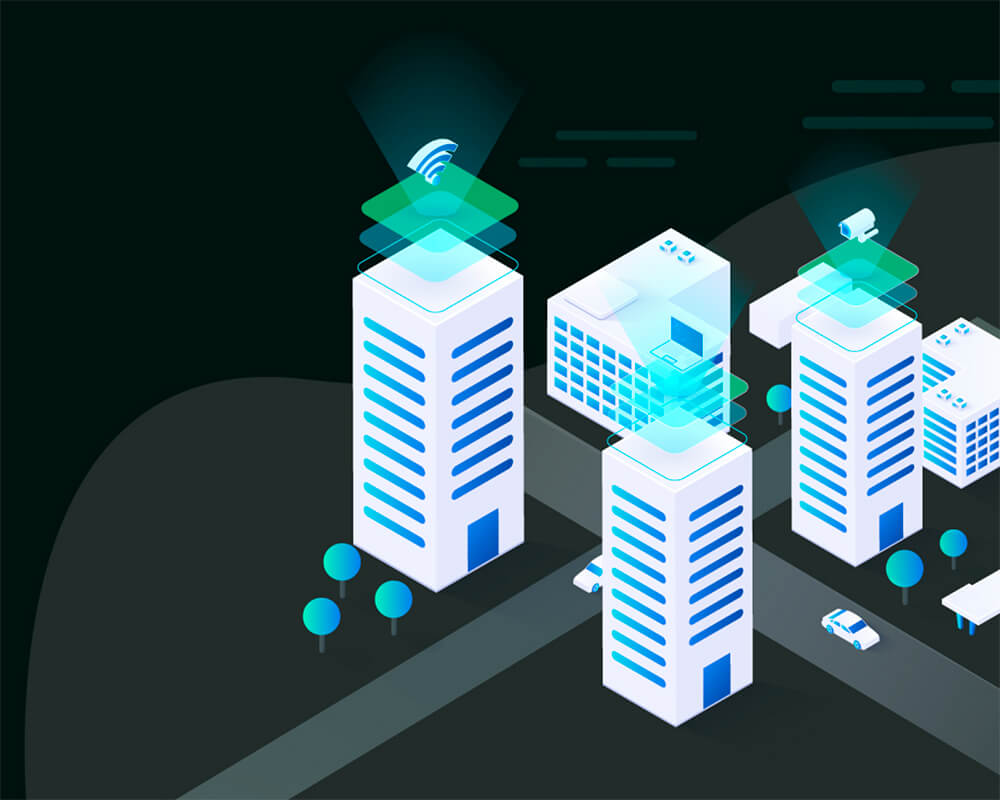Protecting Multi-Dwelling Unit Internet Traffic Via Robust Cryptographic Protocols to Protect User Confidentiality and Information Integrity
Protecting Multi-Dwelling Unit Internet Traffic Via Robust Cryptographic Protocols to Protect User Confidentiality and Information Integrity
Blog Article
In today’s online world, securing web data is more important than ever before, especially in Multi-Unit Units (MDUs) like apartment buildings and condo environments. These settings often have numerous residents utilizing the same web connection, which can result to possible security risks. To guarantee that residents' confidentiality and information integrity are protected, it is essential to adopt robust coding standards. Data encryption is a method that encodes information, rendering it inaccessible to individuals who do not have the appropriate credentials to decrypt it. This process aids keep individual data secure from cybercriminals and unauthorized users.
A of the widely widely used encryption standards is Secure Sockets Layer (SSL) and its replacement, TLS Security (TLS). Such protocols create a protected connection between a resident's device and the internet, guaranteeing that all data exchanged stays confidential. When residents in an MDU access sites that utilize SSL/TLS, their personal data, such as passwords and payment billing numbers, is secured. This means that although if someone tries to intercept the data, they would merely see a mess of letters and digits, rendering it almost impossible to understand. By encouraging the adoption of these standards, MDUs can significantly improve the safety of their tenants' online activities.
A further important coding method is Virtual Secure Tunnel (VPN) solutions. A VPN creates a protected tunnel for internet traffic, which protects users from invasive eyes, especially when using public Wi-Fi networks. In an MDU, where numerous residents may link to the same network, using a VPN can assist ensure that individual internet activities stay confidential. This is especially important for activities such as internet banking or accessing sensitive data. By encouraging the use of VPNs among residents, MDUs can cultivate a safer internet space and assist protect against data breaches.
Alongside such encryption methods, it is vital for MDUs to educate their residents about the importance of cybersecurity. Numerous individuals may not be aware of the threats linked with using shared web services. Offering resources on how to recognize phishing attempts, the necessity of robust credentials, and the advantages of employing secure sites can empower tenants to assume charge of their online safety. Seminars or informational sessions can be effective ways to increase awareness and encourage optimal practices for online safety.
Finally, MDUs should consider collaborating intrusion detection systems for mdu with web service providers (ISPs) that emphasize safety and offer enhanced encryption options. By partnering with ISPs that utilize strong coding standards, MDUs can guarantee that their residents have availability to protected internet connections. This collaboration can lead to enhanced general safety for the entire building, as well as enhanced confidence among residents. By implementing these steps, MDUs can create a more secure online environment, safeguarding user privacy and information integrity in an ever more interconnected world.